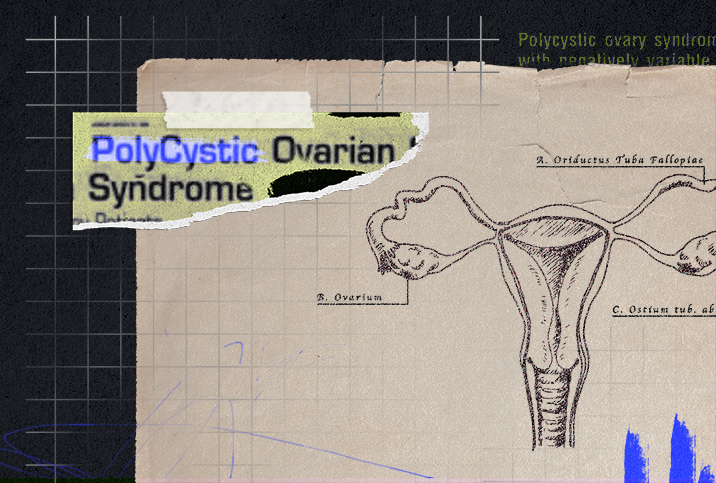Polycystic ovary syndrome (PCOS) is a common hormonal disorder that affects as many as 5 million women of reproductive age in the United States. September is PCOS Awareness Month, and more awareness means greater understanding for doctors, researchers and patients, creating better outcomes for all.
PCOS has no known cause, so it can be difficult to diagnose and treat. Common symptoms of PCOS include irregular periods, excess androgen (a sex hormone present at higher levels in males) and ovarian cysts. PCOS can also lead to insulin resistance, diabetes, heart disease, high blood pressure and fertility issues.
Throughout the month of September, Giddy will curate a selection of articles to illuminate the struggles of people living with this challenging condition.
First, we'll explore how some PCOS symptoms can be alleviated with lifestyle changes. We'll also talk about ways to test for the condition and debunk some myths about the connection between birth control and PCOS. Lastly, we'll hear from one woman about the reality of fertility difficulties associated with PCOS.
PCOS is commonly diagnosed but less commonly discussed. We hope the articles selected for this PCOS Awareness Month will help spread the word about this difficult condition and create greater understanding for all.










